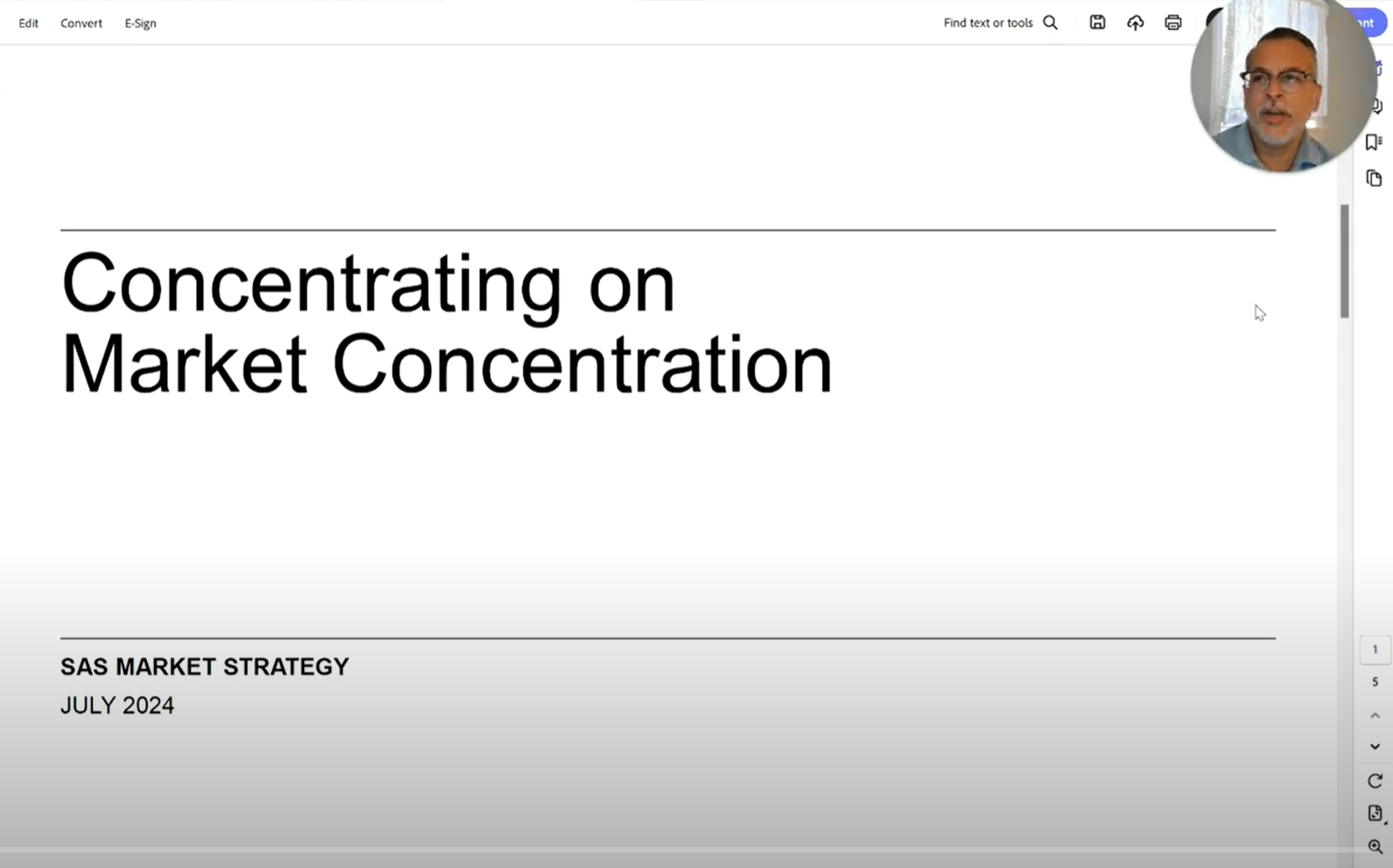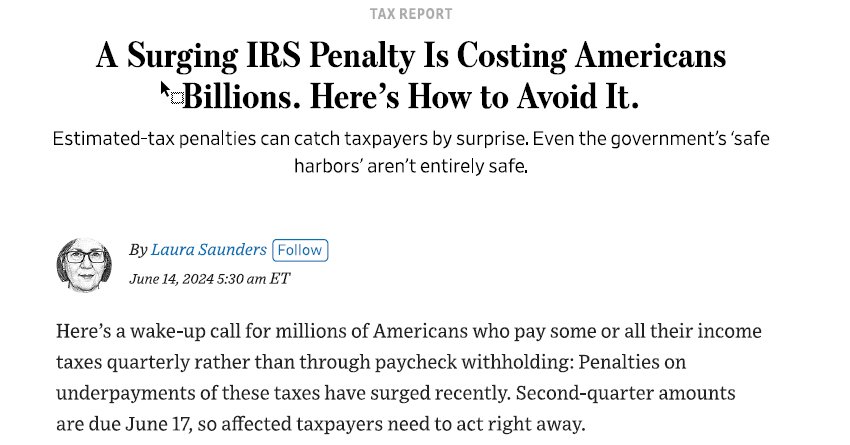Surprise, unemployment benefits are 100% taxable (including the additional $600 weekly benefit under the CARES Act)! Okay, you’re not surprised, because Shaun and Seth sprung that on you last week in Episode #5 of Behind the Curtain: Avoid Surprises with Unemployment Income.
Unemployment benefits are taxable and as a default, most states, including Massachusetts and New York, do not withhold any taxes from benefits you receive. As a result, even if you have not worked much this year, you could still have a tax liability due in April. This is especially true for 2020 where, due to COVID-19 and the passing of the CARES Act, you not only received your base unemployment benefits from the state, but also an extra $600/week for nearly 4 months from the Fed. So what can you do to avoid a big tax bill next? Plan!
If you are starting a new job or have been rehired, making or updating your elections on your W4 can be key. The W4 form tells your employer how much to withhold for taxes from your pay. When completing your W4, you can withhold extra taxes from your pay to account for unemployment benefits you have received. This amount can be entered on line 4(a) of the W4 form. This will, in essence, add your unemployment benefit amount to your estimated annual income from that job to calculate your withholdings. This would result in your chipping away at the tax owed on your unemployment benefits throughout the rest of the year.
If you are not returning to work, it’s important to run a tax projection taking into account the unemployment benefits received to estimate your tax liability due in April. In some cases, it may be important to make quarterly estimated tax payments to the Fed/state. Quarterly payments for Q1/Q2 were due on 7/15, so don’t wait! As of now, quarterly estimated payments for Q3 and Q4 are still due September 15th and January 15th, respectively.
Alternatively, if the tax bill is projected to be low or you will not be subject to underpayment penalties, you can simply make plans to cover the tax bill when due next year.
The decision for each person/family will differ, but what is important is that you are prepared. No one wants a tax surprise!














